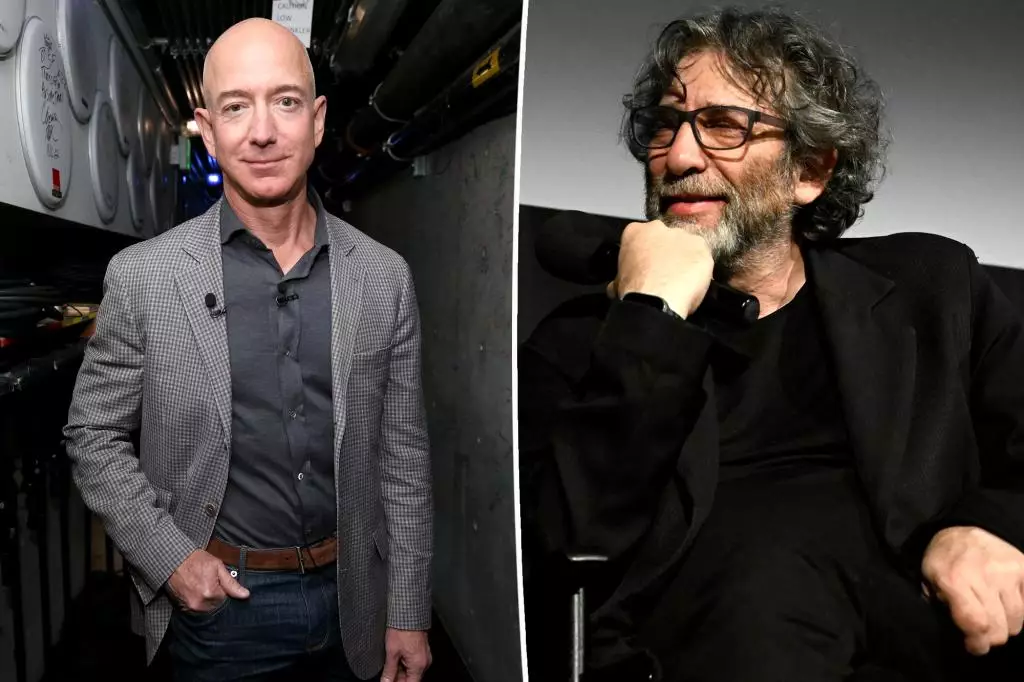Neil Gaiman, a celebrated author revered by fans and critics alike, finds himself in a turbulent storm as he withdraws from this year’s highly coveted Campfire literary retreat. Once a regular feature of this exclusive gathering spearheaded by Amazon founder Jeff Bezos, Gaiman’s absence is notable—not just because of his impressive literary accomplishments but the serious allegations of sexual misconduct that have emerged against him. This unfortunate development underscores the complex interplay of creativity, power, and accountability within the literary world.
Campfire Literary Retreat: A Background
The Campfire retreat, often described as a clandestine assembly of influential literary figures and publishing magnates, has long served as a platform for discussions and networking among the elite in the book industry. As a frequent attendee, Gaiman benefited from these interactions, which allowed for candid exchanges and shared insights into the ever-evolving publishing landscape. His notable works, including “The Sandman” and “Coraline,” have solidified his status as a titan in contemporary literature, yet his recent downfall highlights how quickly one’s reputation can be jeopardized.
The allegations against Gaiman, detailed in a podcast titled “Master: The Allegations against Neil Gaiman,” entail disturbing claims from several women regarding non-consensual sexual experiences. Such serious accusations not only force Gaiman to confront his public persona but also prompt deeper questions about the culture within literary circles that perpetuates harmful behaviors. While Gaiman has categorically denied the claims, referring to them as “disturbing,” the repercussions of these allegations extend beyond a singular individual; they reflect broader societal issues regarding accountability and consent.
As the literary world absorbs the shock of these allegations, the ramifications are felt across various projects that Gaiman was involved in. Amazon Prime Video has reportedly paused production on the adaptation of his work “Good Omens,” a title laden with irony in this context. While Gaiman has offered to step back to help minimize disruption, the chilling effect on his career trajectory cannot be overstated. The retreat, once a space for networking and collaboration, is now tinged with uncertainty regarding whether Gaiman’s literary contributions can be separated from the controversies surrounding him.
The Future of Gaiman’s Legacy
The outcome of these allegations could shape the legacy of Gaiman for years to come. While he has produced timeless works that educated and entertained countless readers, his most recent misadventure complicates how his contributions will be viewed in the light of such serious issues. As the literary community grapples with questions of accountability, the dialogue surrounding consent and power dynamics continues to evolve, prompting a necessary reevaluation of figures once viewed as untouchable.
In the coming months, the true ramifications of Gaiman’s absence from the Campfire retreat and the structure of his future projects will unfold, serving as a poignant reminder of the responsibilities that come with creative influence. The literary world stands at a crossroads, where the need for both artistic expression and ethical accountability is more critical than ever.

Leave a Reply